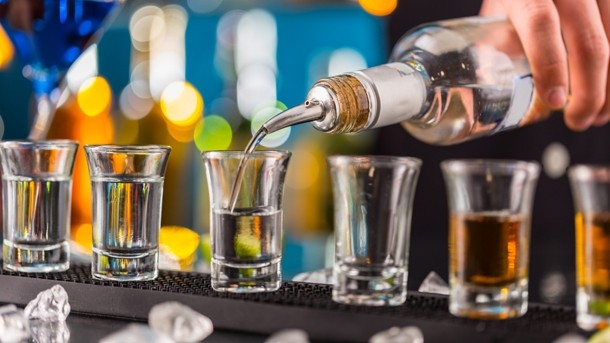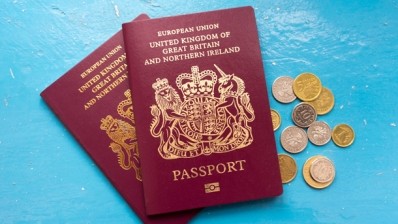ASK THE EXPERTS
Eight ways to protect your alcohol licence

The UK licensing laws are complex, but vital to any hotel, bar, restaurant or other entertainment venue. Here are eight ways to protect your licence.
1: Keeping the licence and notices
Make sure you keep the original or a certified copy of your licence at the premises, with the licence summary displayed in a prominent position. A notice specifying the position of the person responsible for keeping the licence must also be publicly displayed.
These are the first things an inspector will look for on a visit and it is surprising how often these documents and notices go missing. 2/
2: Annual Fee
A premises licence attracts an annual fee – but don’t wait for the invoice. If you fail to pay, your licence may be suspended.
3: Designated Premises Supervisor (DPS)
Alcohol sales cannot take place unless there is a DPS in place. Make sure you have a number of personal licence holders working at the premises so if the DPS leaves, you can vary the licence to name a new DPS urgently.
All alcohol sales must be authorised by a personal licence holder, usually the DPS. A document should be maintained at the premises in which the DPS authorises all bar staff to make sales of alcohol on his or her behalf.
4: Conditions
All bar staff must be familiar with the conditions on the premises licence. Some conditions are mandatory but there may be venue specific conditions regulating CCTV, security, access by children, training and many others.
5: Sale to children and drunks
It is an offence to sell alcohol to child (a person aged under 18). If found guilty of this offence you can be fined up to £5,000. It is also an offence to buy alcohol for a child, but this offence does not apply if the child is aged 16 or 17, is accompanied by an adult, the alcohol is beer, wine or cider and it is to be consumed with a table meal.
Your premises licence will include a condition that you implement an age verification policy. The industry standard is either Challenge 21 or Challenge 25. You should ensure that all staff are properly trained and records maintained. There should be clear signage in store informing customers of your age verification policy.
It is an offence to sell alcohol to a person who is drunk. Part of the training that your staff undertake should advise on the signs to watch out for. You do need to take care though as some symptoms of certain illnesses can mimic the usual signs of drunkenness.
6: Training
All staff likely to be involved in the sale of alcohol should be trained in alcohol laws with regular updates. Good records should be maintained.
7: Alterations
If you wish to make changes to the premises, you may need to make application to the Licensing Authority. It may be that the changes can be achieved through a minor variation but more substantial changes require a major variation. The process of the latter could take two to three months.
8: Review
Officers and other parties may apply to review your licence at any time. This might follow breaches of conditions or conviction for an offence, but note that the burden of proof is far lower than in the criminal court.
If you have any indication that a review is imminent you should seek urgent advice from a specialist licensing solicitor.
Your licence is important to you and your business. Provided that you and your staff adhere to the terms of the licence and your training you should encounter no issues with enforcement officers and the law.





















